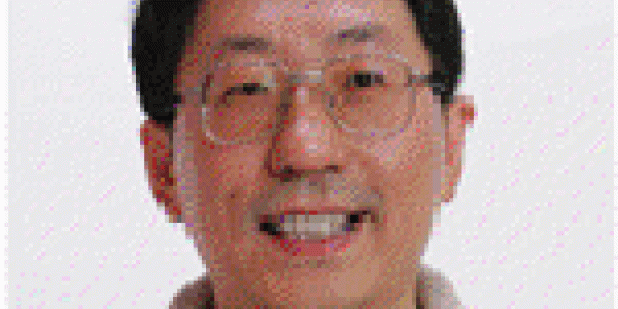Join us for a free one-day workshop for educators at the Japanese American National Museum, hosted by the USC U.S.-China Institute and the National Consortium for Teaching about Asia. This workshop will include a guided tour of the beloved exhibition Common Ground: The Heart of Community, slated to close permanently in January 2025. Following the tour, learn strategies for engaging students in the primary source artifacts, images, and documents found in JANM’s vast collection and discover classroom-ready resources to support teaching and learning about the Japanese American experience.
Homeowner Associations in China: From Property Management Company’s Autocracy to Homeowners' Self-Governance
USC Sol Price School of Public Policy presents a talk with Guoqing Li, director of the Urban Policy and Urban Culture Research Center, the Institute of Urban & Environmental Studies, and the Chinese Academy of Social Sciences, on home ownership in China.
Where

Since 1998, when China started implementing private housing reform, commercial condominium communities have been formed and become the main form of community in China. Along with this shift, homeowners associations become a new type of self-managed organization that represents a new interest group in Chinese urban society.
Historically, property management in China can be divided into two stages. During the first stage, the property management company had carried out autocratic management, resulting in many social conflicts. This model was first established in Shenzhen in 1981, so people call it “Shenzhen Model”. The second stage starts from 2011, homeowners associations in Beijing are generally establishing and implementing self-governance. It is called the “Beijing Model”.
The central problem for homeowners association development in contemporary China is how to establish a clear relationship between reasonable homeowners' internal structure and their utilization of an external management service system. Examining American and Canadian property management development experience, the fundamental thing we see is that property management should be defined in economic terms and must be clearly defined as separate from social management. First of all, we must differentiate individual homeowners’ status as property owner and the status of the entire condominium as a commercial entity. Secondly, we must clarify the role and develop professional ethics for the property manager as agent of the
Board of Directors. Thirdly, we must establish and improve external property management marketing service systems and realize the marketization of the property service system.
Speaker Bio: Guoqing Li is the director of the Urban Policy and Urban Culture Research Center, the Institute of Urban & Environmental Studies, and the Chinese Academy of Social Sciences. The center provides research and policy recommendations to central and local governments on issues related to urban social development and urban planning. Li received his Ph.D. from
Keio University in Japan. His current research interest is to understand how American homeowners establish the board of directors to implement effective management of the common property by using “Common Pool Resources” theory. He expects that the research can help Chinese homeowners to effectively protect their properties.
*RSVP FOR THIS EVENT TO WEIJIE WANG at weijiewa@usc.edu.*
Food will be provided.
Featured Articles
Please join us for the Grad Mixer! Hosted by USC Annenberg Office of International Affairs, Enjoy food, drink and conversation with fellow students across USC Annenberg. Graduate students from any field are welcome to join, so it is a great opportunity to meet fellow students with IR/foreign policy-related research topics and interests.
RSVP link: https://forms.gle/1zer188RE9dCS6Ho6
Events
Hosted by USC Annenberg Office of International Affairs, enjoy food, drink and conversation with fellow international students.
Join us for an in-person conversation on Thursday, November 7th at 4pm with author David M. Lampton as he discusses his new book, Living U.S.-China Relations: From Cold War to Cold War. The book examines the history of U.S.-China relations across eight U.S. presidential administrations.




